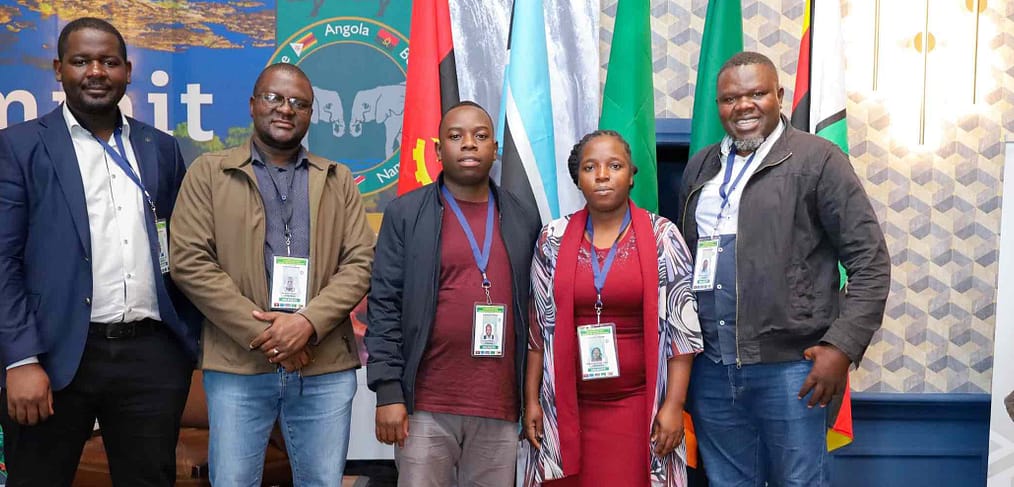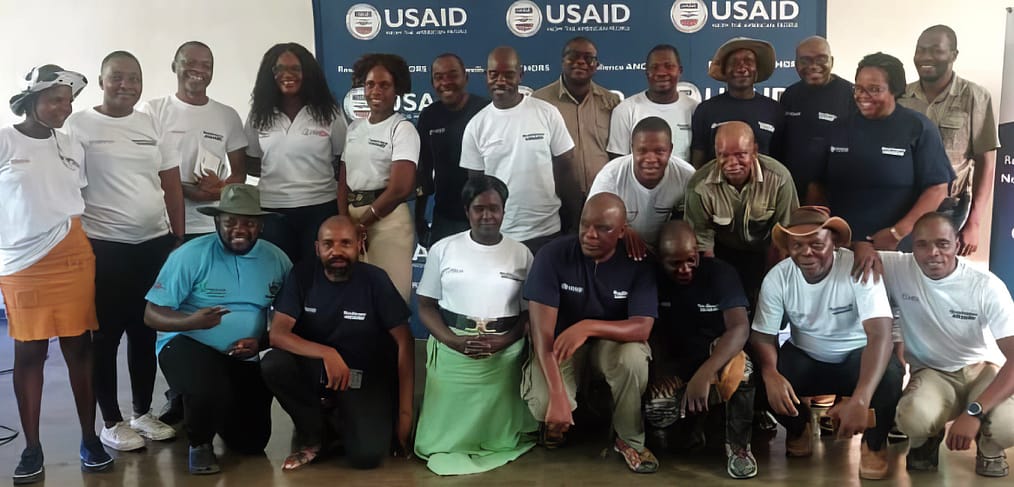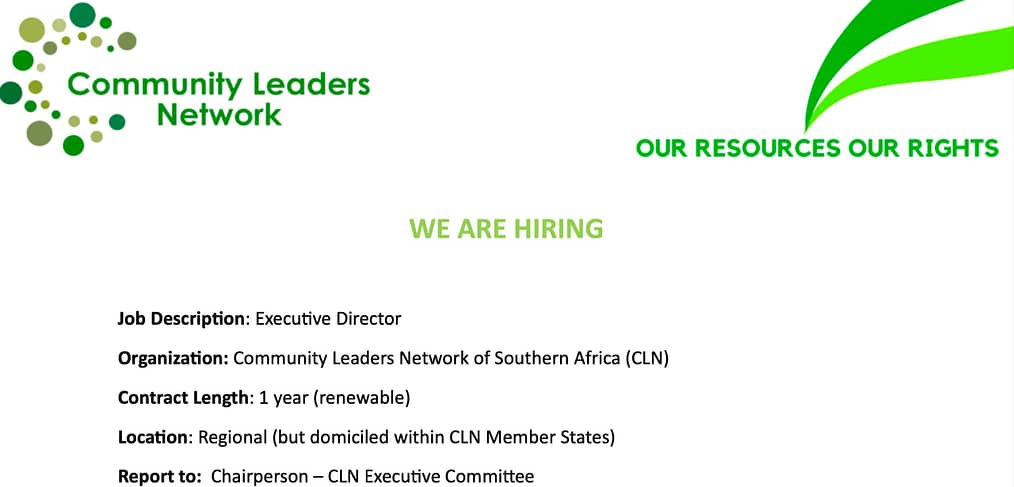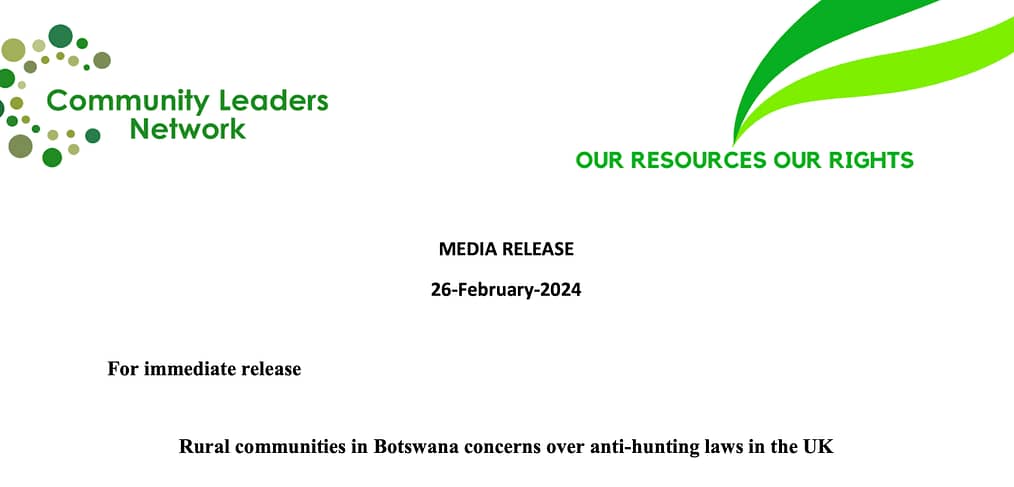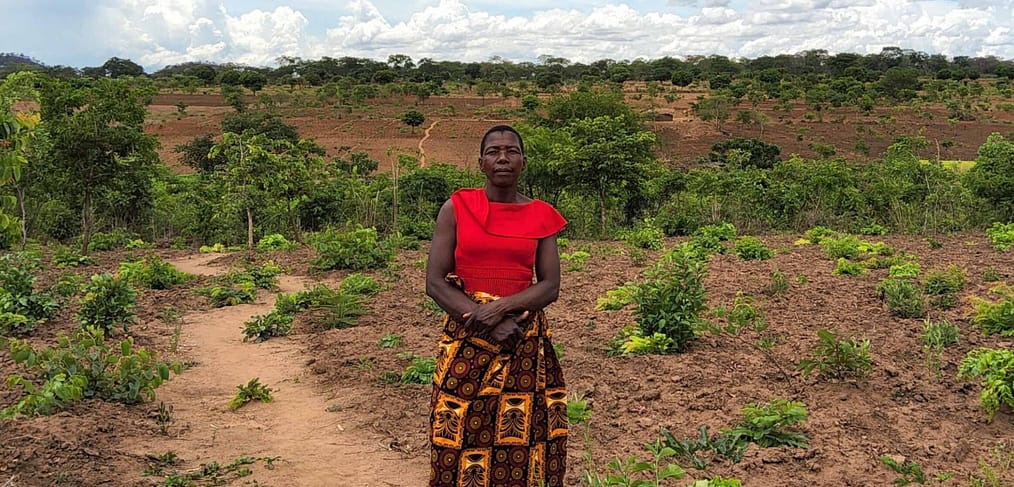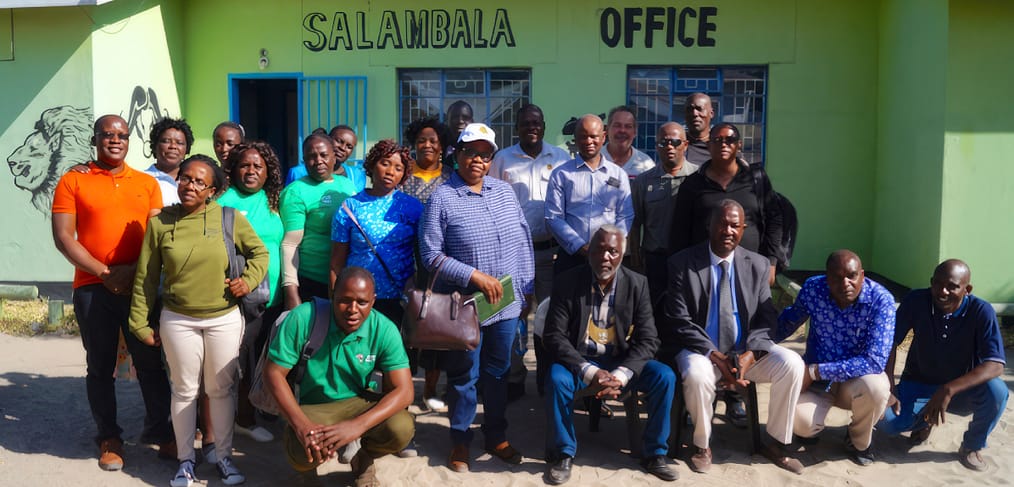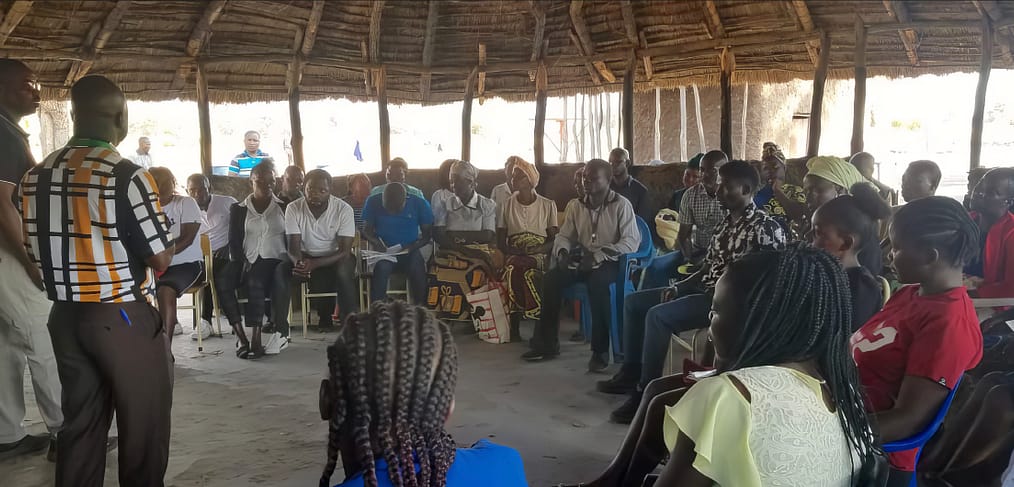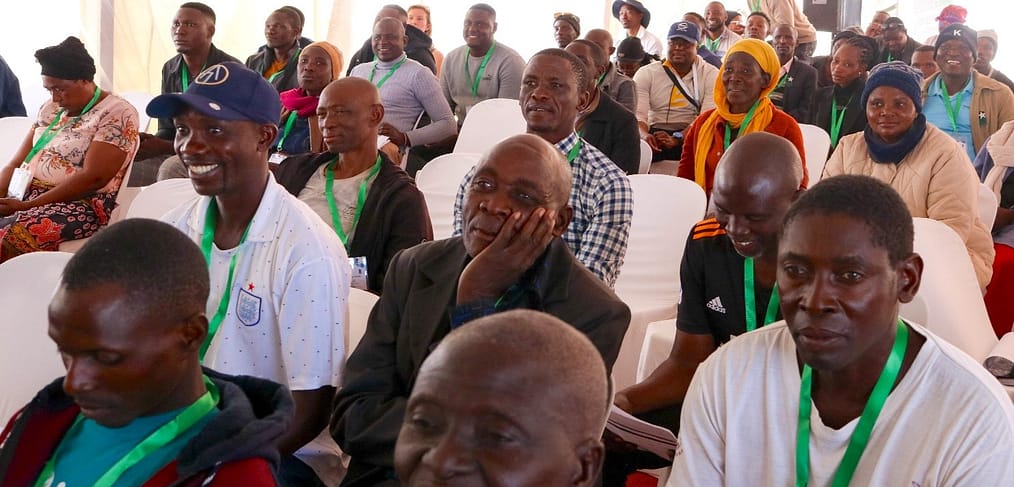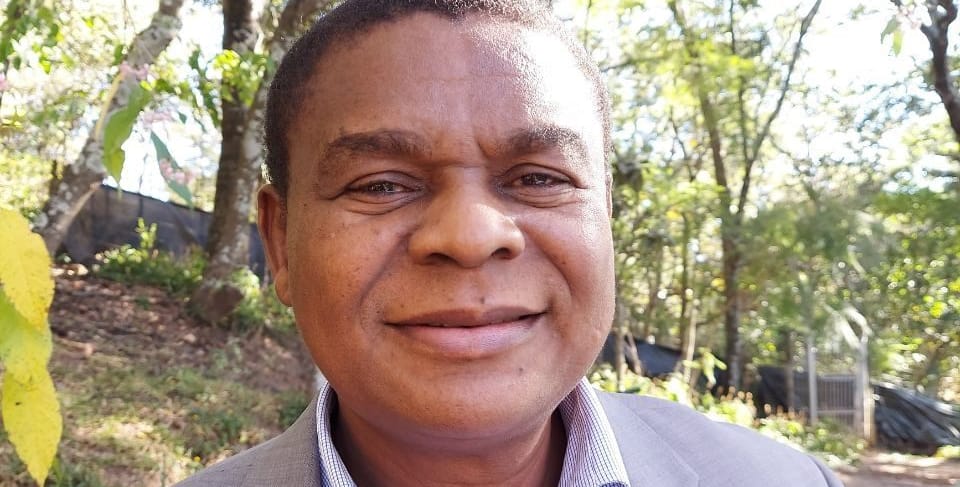The Community Leaders Network and Resource Africa recently attended the Kavango-Zambezi Transfrontier Conservation Area (KAZA) Summit held in Livingstone, Zambia.
By Liberty Chauke
Zimbabwe’s Community Areas Management Program For Indigenous Resources (CAMPFIRE) programme was the first of its kind in southern Africa, whereby people living with wildlife became beneficiaries of the sustainable use of wildlife in their areas.
On 22 February 2024, 17 Community Trusts in Botswana along with the Ngamiland Council of NGOs (NCONGO) expressed their deep concern with a campaign advocating for a ban on hunting trophy imports into the United Kingdom (UK) that will negatively affect their livelihoods and wildlife conservation efforts. These Trusts are democratically elected entities speaking on behalf of their respective communities that live alongside elephants and other wildlife species in Botswana.
Communities living around Kasungu National Park in Malawi traditionally grow maize to feed their families and a few other cash crops to generate income. High poverty levels and declining soil fertility have driven some community members into the neighbouring park to clear more land, hunt wildlife or harvest wood illegally to make ends meet. Kasungu Wildlife Conservation and Community Development Association (KAWICCODA) have started a transformative project with support from the Biodiversity and Protected Areas Management (BIOPAMA) Programme to help change this situation using soybeans.
Dr Rodgers Lubilo and Malidadi Langa discuss the main issues that were addressed during the first-ever African Indigenous Peoples and Local Communities Conservation Congress. Land rights, resource use rights, human wildlife conflict and building an African Alliance to amplify African voices are among the highlights. We will continue to work together with our partners across Africa to create a movement for conservation that truly benefits African people.
Zimbabwe’s Communal Areas Management Programme for Indigenous Resources (CAMPFIRE) was created in the 1980’s as an important conservation and rural development tool, particularly for the country’s wildlife-rich areas and semi-arid regions, which have very low agricultural potential.
Luengue-Luiana National Park in Angola is part of the Kavango-Zambezi Trans-frontier Conservation Area (KAZA TFCA) that covers parts of five African countries (Angola, Botswana, Namibia, Zambia and Zimbabwe). This Park covers 22,610 km², and is patrolled by government rangers and 27 community game guards trained by ACADIR-Angola. This national park is not exclusively for animals, however, as 49,300 people currently live within its boundaries. In line with the other KAZA TFCA countries, Angola wants to develop a wildlife economy that will support people and wildlife living in this landscape.
Community conservation efforts in Southern Africa started in the 1980s and have since taken slightly different paths towards including rural communities in the wildlife economy and nature conservation. Over the years there have been some exchange visits and other events to increase communication among the community conservation stakeholders in these countries, but such opportunities remain rare.
It is with heavy hearts and deep sorrow that we note the passing of CLN Vice Chairperson Comrade Charles Jonga.
Charles was an icon, a legend and exemplary leader for community conservation. Comrade Jonga was not just a pillar for CAMPFIRE in Zimbabwe but an inspiration to young conservation leaders across Southern Africa.

